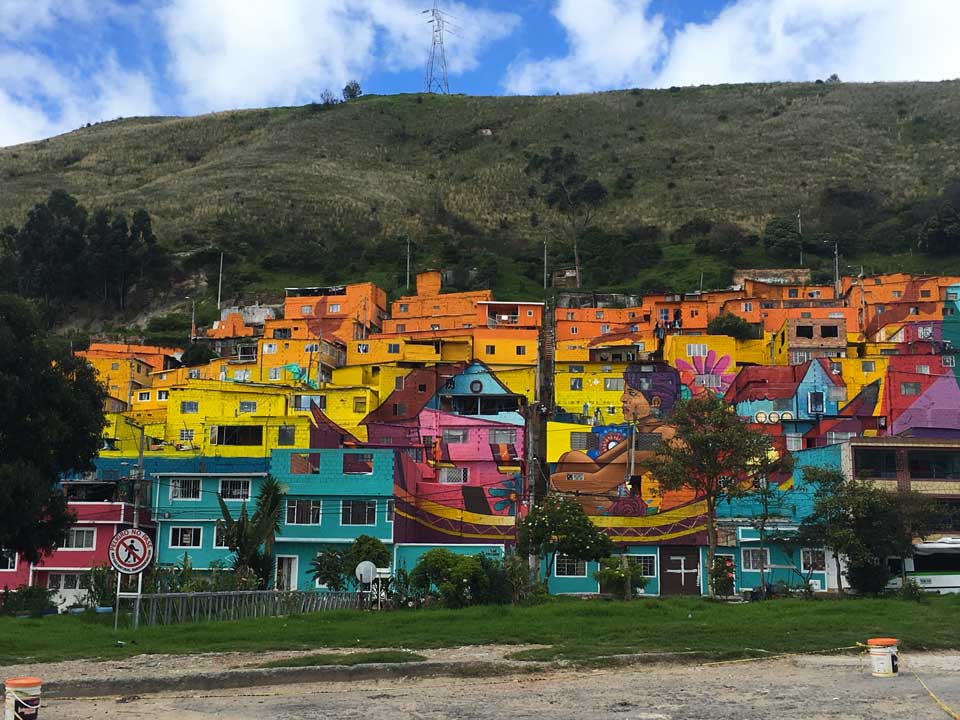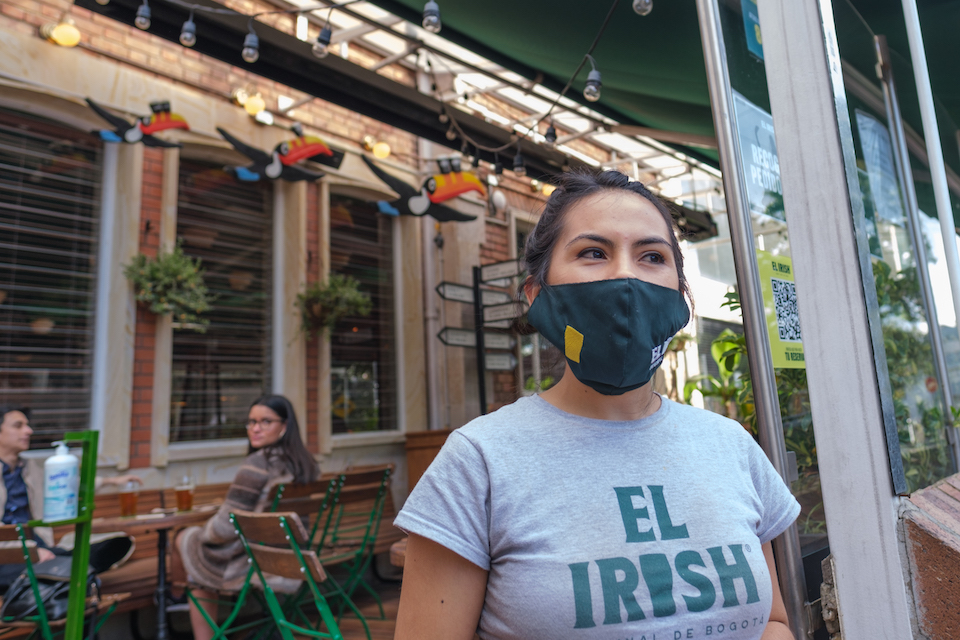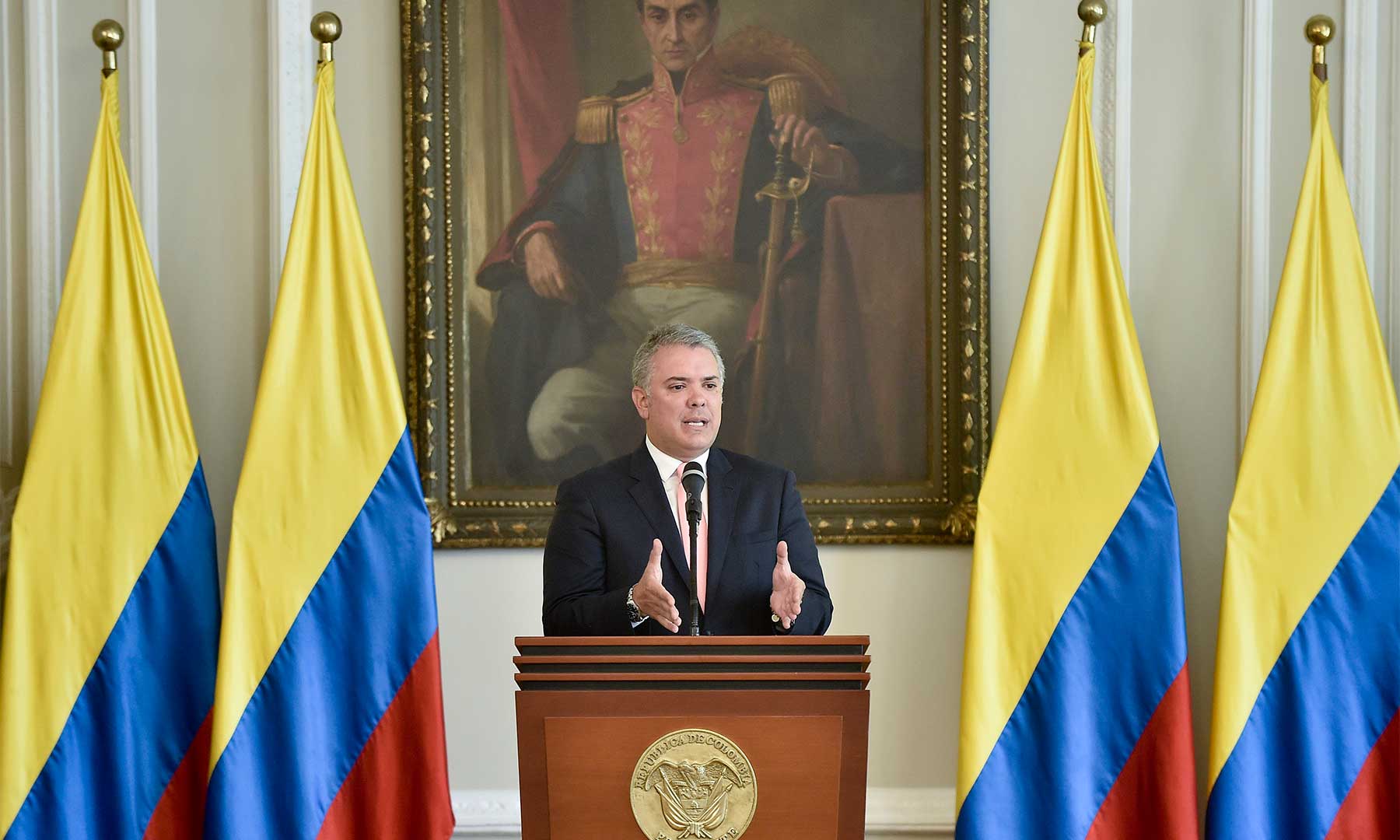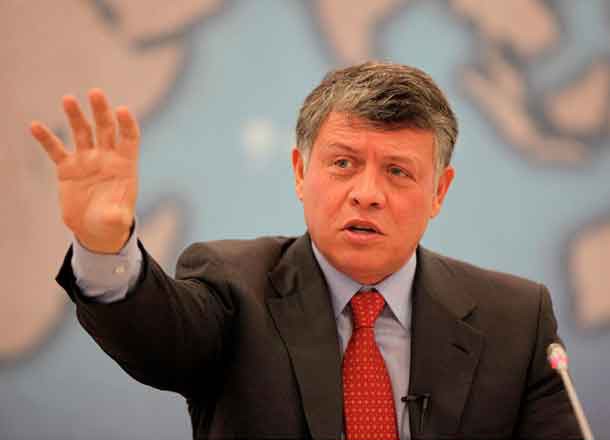
Germán Vargas Lleras, possibly the next president of the republic?
 On Trial is a Bogotá Post feature in which we put someone or something from the Colombian news “on trial”, trying to explain the perspective of both their fans and their critics.
On Trial is a Bogotá Post feature in which we put someone or something from the Colombian news “on trial”, trying to explain the perspective of both their fans and their critics.
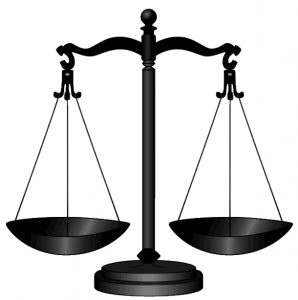 In this edition we put Vice President Germán Vargas Lleras on trial. His allies won several key elections on October 25, including the mayoralties of Bogotá, Cali and Barranquilla; as well as nine Bogotá City Council seats (the highest number). He is one of the preliminary favourites to win the presidency in 2018. Mike Mackenna investigates…
In this edition we put Vice President Germán Vargas Lleras on trial. His allies won several key elections on October 25, including the mayoralties of Bogotá, Cali and Barranquilla; as well as nine Bogotá City Council seats (the highest number). He is one of the preliminary favourites to win the presidency in 2018. Mike Mackenna investigates…
For the Prosecution |
For the Defence |
| Ladies and gentlemen of the jury, I think we would all agree that the peace agreement with the FARC is now the number one issue for Colombia. That is why it is so disturbing that Germán Vargas Lleras is in line to be elected president in 2018.
Mr Vargas Lleras started to rise to prominence as a senator by vocally opposing the 1999-2002 peace talks with the FARC, held in Caguan, in the southern part of the country. The debates he held in the Senate at the time have been compared to the rhetoric of current senator and fierce peace-talks opponent Álvaro Uribe. His opposition was so intractable that the FARC called him an “enemy of peace”. While it is certainly ironic that a group known for kidnapping and murder feel they have the right to call someone that name, we should keep in mind that if Mr Vargas Lleras becomes president, he will need to have the FARC’s trust in order to successfully guide Colombia towards lasting peace. I would also like to point out to the court that the Vice President’s opposition to peace talks is not just a thing of the past. Although he was elected as Vice President in 2012, he didn’t even refer to the peace process in public until 2013, and then it was only to criticise the inclusion of infrastructure investment discussions in the talks. The defendant is one of the country’s most popular politicians, but he has failed to use that popularity to promote peace. Perhaps we shouldn’t be surprised that he did not accompany President Santos to Havana for the president’s historic handshake with FARC leader Timochenko. Now, ladies and gentlemen of the jury, peace isn’t only about signing the agreement with the FARC. It’s also about promoting legitimate, honest and representative democracy. On this count, I submit to the court that the Vice President has again failed his country, offering the support of his party, Cambio Radical, to various politicians with questionable pasts. For example, Cambio Radical supported Alex Char for mayor of Barranquilla in October’s elections, a race which Char won easily. Mr Vargas Lleras’s party offered that support in spite of a substantial corruption allegation against Mr Char for awarding a lucrative contract to the supermarket chain Olimpica, which belongs to Mr Char’s father. Specifically, Mayor Char is charged with making sure that subsidies given to victims of the 2011 flooding would be spent at Olimpica, by giving the victims subsidy cards which could only be exchanged for cash at his father’s supermarkets. He was fined COP $487 million (about USD $162,000) as a result. Cambio Radical’s shady political alliances don’t stop with Char. They also backed a politician named O’Neida Pinto for governor of La Guajira, despite her close ties to accused murderer, and ex-governor of Guajira, Kiko Gómez, currently on trial for three homicides. Even the party’s own director, Rodrigo Lara, called Gomez a “mafioso” and said he would “absolutely reject” any alliance with a Kiko Gómez associate, before inexplicably changing his tune and backing Ms Pinto. That isn’t even the only politician with ties to an accused murderer that Cambio Radical has aligned itself with. They also supported a candidate for mayor on the coast who has close ties to lottery magnate Enilse López, known as La Gata. Ms López is currently serving 37 years in prison for murder. All of this is without mentioning Cambio Radical’s multiple alliances with politicians accused of having ties to paramilitaries. Ladies and gentlemen, I don’t even have the time to explain these accusations in a manner which would do them justice, but I will mention one emblematic case: that of Rosa Cotes, the Cambio Radical supported winner of the gubernatorial election in the coastal department of Magdalena. Ms Cotes is married to a confessed parapolitico, her nephew and predecessor as Magdalena governor lost the support of the Liberal Party due to suspicions surrounding his campaign, and her brothers appeared as extortionists in the computer of vicious paramilitary leader Jorge 40. Thanks to Cambio Radical, though, none of that will keep the Cotes family out of the Magdalena governor’s office. To conclude then, I would like to tell the jury that we should not be surprised that there are rumours of an Álvaro Uribe-Germán Vargas Lleras alliance. Considering that Mr Uribe has almost 200 open investigations against him for various allegations, he seems like just the sort of politician the Vice President’s party would support. |
I would like to start by doing something defence attorneys rarely do: admitting that the prosecution is right. Vice President Vargas Lleras has been critical of two peace processes with the FARC, and his party had made many suspect alliances, even with people close to accused murderers.
Rather than insisting on my client’s innocence, I would like to ask the jury a question: who did you support in the 2014 presidential election? Did you vote for Juan Manuel Santos so that he could close the peace deal with the FARC? If you did, then you voted for someone who was Minister of Defence during the false positives scandal, in which the military murdered close to 5,000 civilians in cold blood, then passed them off as guerrillas killed in combat. Not only that, but Santos helped found and continues to lead the U Party, which backed 18 candidates who had been questioned for involvement in parapolitica in the 2014 Congressional elections. Or maybe you voted for Óscar Iván Zuluaga? If you did, then you voted for someone whose campaign is tied to a computer hacker who has been sentenced to 10 years in prison for intercepting emails between the FARC and the government during the peace talks. If anyone on the jury voted for one of the major candidates for the Bogotá mayoral elections, then, no matter who you voted for, I also have bad news for you. Did you vote for Enrique Peñalosa? Well, a former close associate of Peñalosa benefited from the worst corruption scandal in Bogotá history, the contracting carousel, in which public contracts were given in exchange for bribes. Or maybe you went for Clara López? She was second in command in Bogotá during that same scandal. Perhaps you voted for Rafael Pardo? He’s probably the cleanest of the bunch, but as Defense Minister he did approve the creation of the Convivir self-defence forces, which turned out to be a breeding ground for paramilitaries. Or did you back Pacho Santos? He once advocated electrocuting peaceful student protesters. None of this seeks to excuse any of this behaviour, but it is meant to suggest that it is almost impossible to find a major political figure in Colombia (or probably anywhere else in the world) without some disturbing skeletons in their closet. My client is no different in that respect, unfortunately. What does make him different? Let’s start with his supposed hostility towards peace processes. I would suggest to the jury that he is not against such negotiations, but he simply insists that they be done well. The Caguan peace process which he so vehemently opposed turned out to be a farce and a failure. In regards to the current peace process, the criticism that the prosecution cites related to the fact that investment in water infrastructure was one of the topics being discussed in Havana. Doesn’t the Vice President have a point when he says, “It’s unacceptable that having potable water in rural Colombia depends on the results of negotiations in Havana”? I would further submit to the court that Mr Vargas Lleras has played a constructive role in the peace process. His proposal to set deadlines for the talks was adopted by President Santos. Then, just a few months after he urged the president to sign the peace agreements as soon as possible, Santos was in La Habana for that historic handshake with Timochenko. The prosecution mentioned that the Vice President was not present for that handshake, which is true, but that’s because he was inaugurating a new aqueduct, and the handover of 120 free houses to low-income families, in Dorada, a municipality in western Colombia. That brings us to my client’s greatest strength: infrastructure. There is a reason that President Santos chose him to lead the effort to modernise Colombia. As the President’s Minister of Housing from 2010-14, he presided over the installation of new aqueducts in 16 municipalities, the handover of 3,000 free houses to low-income Colombians, and the beginning of construction on 86,000 more of those houses. He even got an aqueduct installed in a municipality on the coast which had been waiting 50 years for running water. That kind of effectiveness is desperately needed in a country ranked 97 out of 160 in infrastructure and logistics by the World Bank. I would suggest to the jury, then, that Colombians who prefer to stand on principle can disengage themselves from the political process. Colombians who want modern highways, running water in 100% of the country, and a metro in Bogotá; can support Germán Vargas Lleras. |
[polldaddy poll=9188749]
The Opinion section is a space for your views and opinions. We’ve featured articles on all aspects of life in Colombia – from the free trade agreement to bull fighting.Whether you agree or disagree with anything we’ve written, we’d love to hear your thoughts – leave a comment below, tweet us at @bogotapost, post on our Facebook page /BogotaPost or email us at [email protected].The articles in ‘Opinion’ are commentary, not news reporting. The views expressed in this section are those of the author and do not necessarily reflect those of The Bogota Post or its publishers. The publishers take no responsibility for the accuracy of any information published in this section. |

